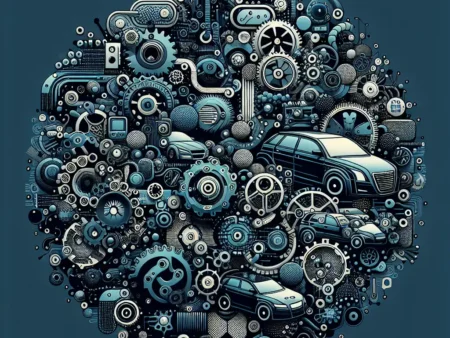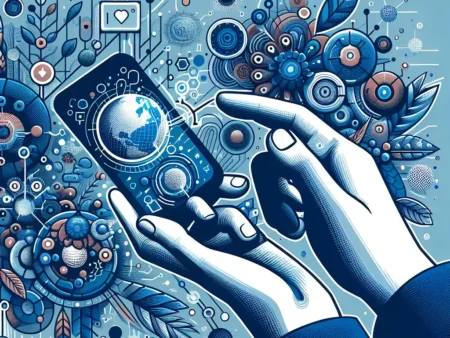Desain Sosial: Inovasi untuk Masyarakat yang Lebih Baik – Menciptakan solusi kreatif yang memperbaiki kehidupan sosial dan meningkatkan kesejahteraan masyarakat.
Desain Sosial: Inovasi untuk Masyarakat yang Lebih Baik
-
Table of Contents
Introduction

Desain sosial, or social design, is a concept that has gained significant attention in recent years. It refers to the practice of using design principles and methodologies to address social issues and create innovative solutions for the betterment of society. In Indonesia, a country with a diverse range of social challenges, desain sosial has emerged as a powerful tool for driving positive change. This article explores the concept of desain sosial in Indonesia, its impact on society, and the innovative projects that have been implemented to address pressing social issues.
The Importance of Desain Sosial in Indonesia
Indonesia is a country with a rich cultural heritage and a rapidly growing economy. However, it also faces numerous social challenges, including poverty, inequality, environmental degradation, and inadequate access to basic services such as healthcare and education. Desain sosial offers a unique approach to tackling these issues by combining creativity, empathy, and problem-solving skills.
1. Empowering Marginalized Communities
One of the key aspects of desain sosial is its focus on empowering marginalized communities. By involving the target beneficiaries in the design process, desain sosial ensures that their voices are heard and their needs are met. This participatory approach not only leads to more effective solutions but also empowers the communities to take ownership of the projects and become agents of change themselves.
2. Creating Sustainable Solutions
Another important aspect of desain sosial is its emphasis on sustainability. Many social challenges in Indonesia are deeply rooted and require long-term solutions. Desain sosial encourages designers to think beyond quick fixes and develop sustainable solutions that address the underlying causes of the problems. This approach ensures that the impact of the projects is long-lasting and contributes to the overall development of the society.
3. Fostering Collaboration
Desain sosial also promotes collaboration among different stakeholders, including designers, government agencies, NGOs, and local communities. By bringing together diverse perspectives and expertise, desain sosial projects can benefit from a holistic approach and create more comprehensive solutions. This collaborative approach also helps in building partnerships and mobilizing resources, which are crucial for the successful implementation of social design projects.
Innovative Desain Sosial Projects in Indonesia
Over the years, numerous innovative desain sosial projects have been implemented in Indonesia, addressing a wide range of social issues. These projects have not only made a significant impact on the lives of the beneficiaries but also inspired others to adopt desain sosial as a means of driving positive change. Here are a few notable examples:
1. Rumah Desain Sosial
Rumah Desain Sosial is a community-based design center that aims to improve the living conditions of low-income communities in Jakarta. The center provides design services, training programs, and workshops to empower the communities and enable them to create sustainable solutions for their own needs. Through its various initiatives, Rumah Desain Sosial has successfully transformed slum areas into vibrant and livable neighborhoods.
2. Trash for Cash
Trash for Cash is an innovative desain sosial project that addresses the issue of waste management in Indonesia. The project encourages local communities to collect and segregate recyclable waste, which is then sold to recycling companies. In return, the communities receive cash rewards, creating a win-win situation for both the environment and the people. Trash for Cash has not only helped in reducing waste but also provided additional income opportunities for the communities.
3. Design for Disability
Design for Disability is a project that focuses on creating inclusive and accessible environments for people with disabilities. The project works closely with architects, designers, and disability rights organizations to develop design guidelines and standards that promote accessibility. By incorporating universal design principles, Design for Disability aims to create a more inclusive society where people with disabilities can fully participate in all aspects of life.
Conclusion
Desain sosial has emerged as a powerful tool for addressing social issues and driving positive change in Indonesia. By empowering marginalized communities, creating sustainable solutions, and fostering collaboration, desain sosial projects have made a significant impact on the lives of the beneficiaries. The innovative projects discussed in this article are just a few examples of the transformative potential of desain sosial. As Indonesia continues to face social challenges, desain sosial offers a promising approach to creating a more inclusive, equitable, and sustainable society.







